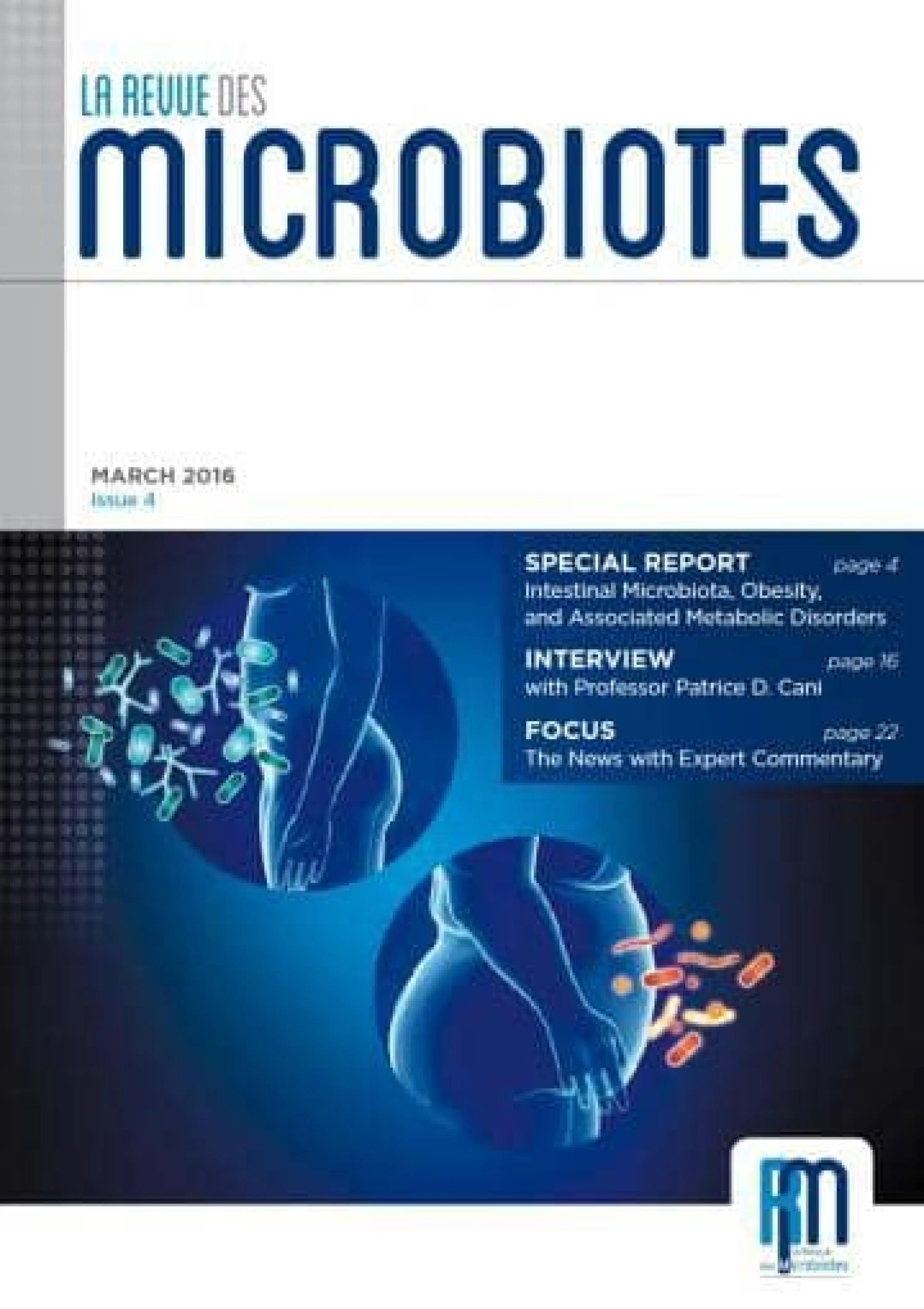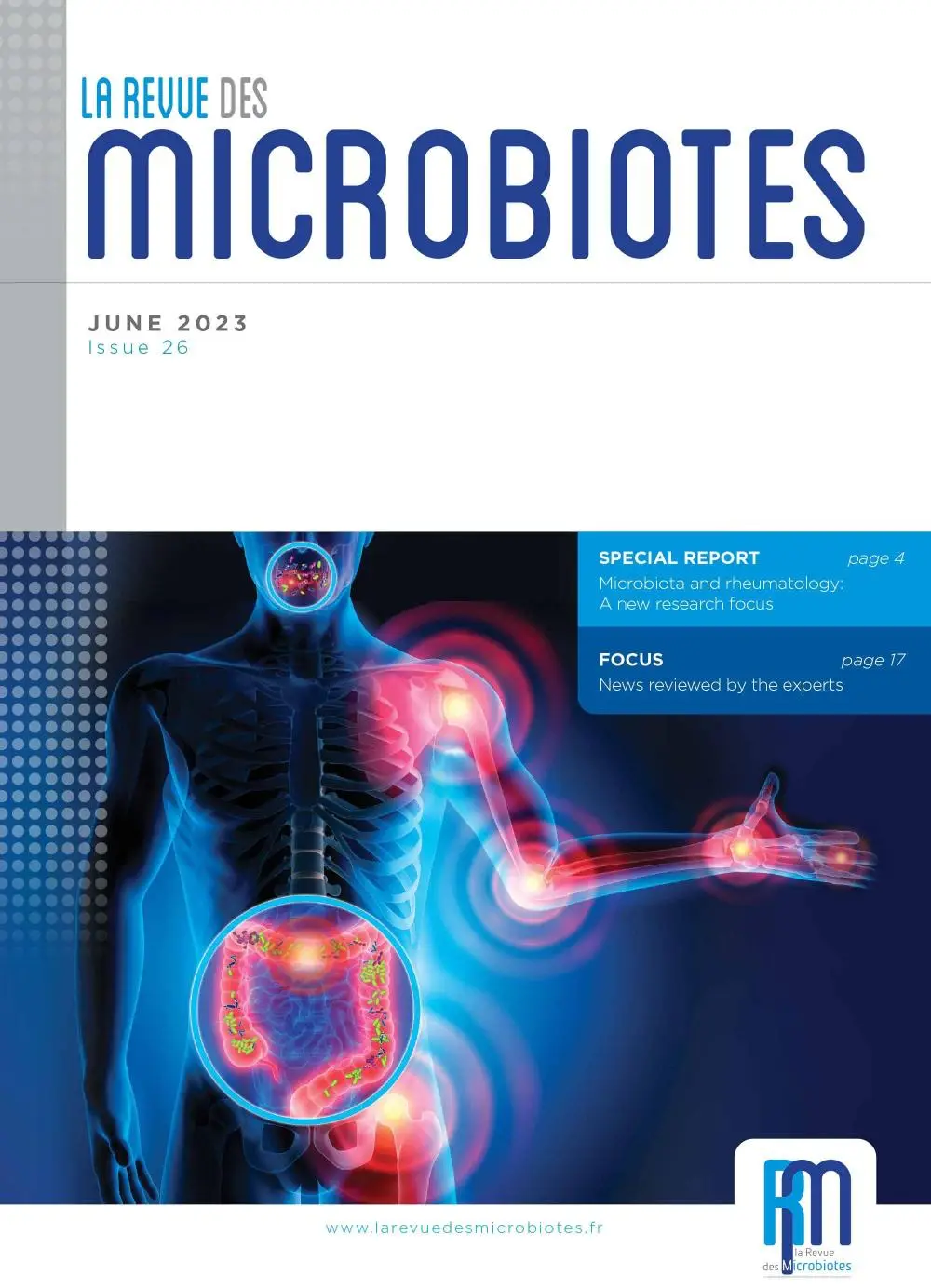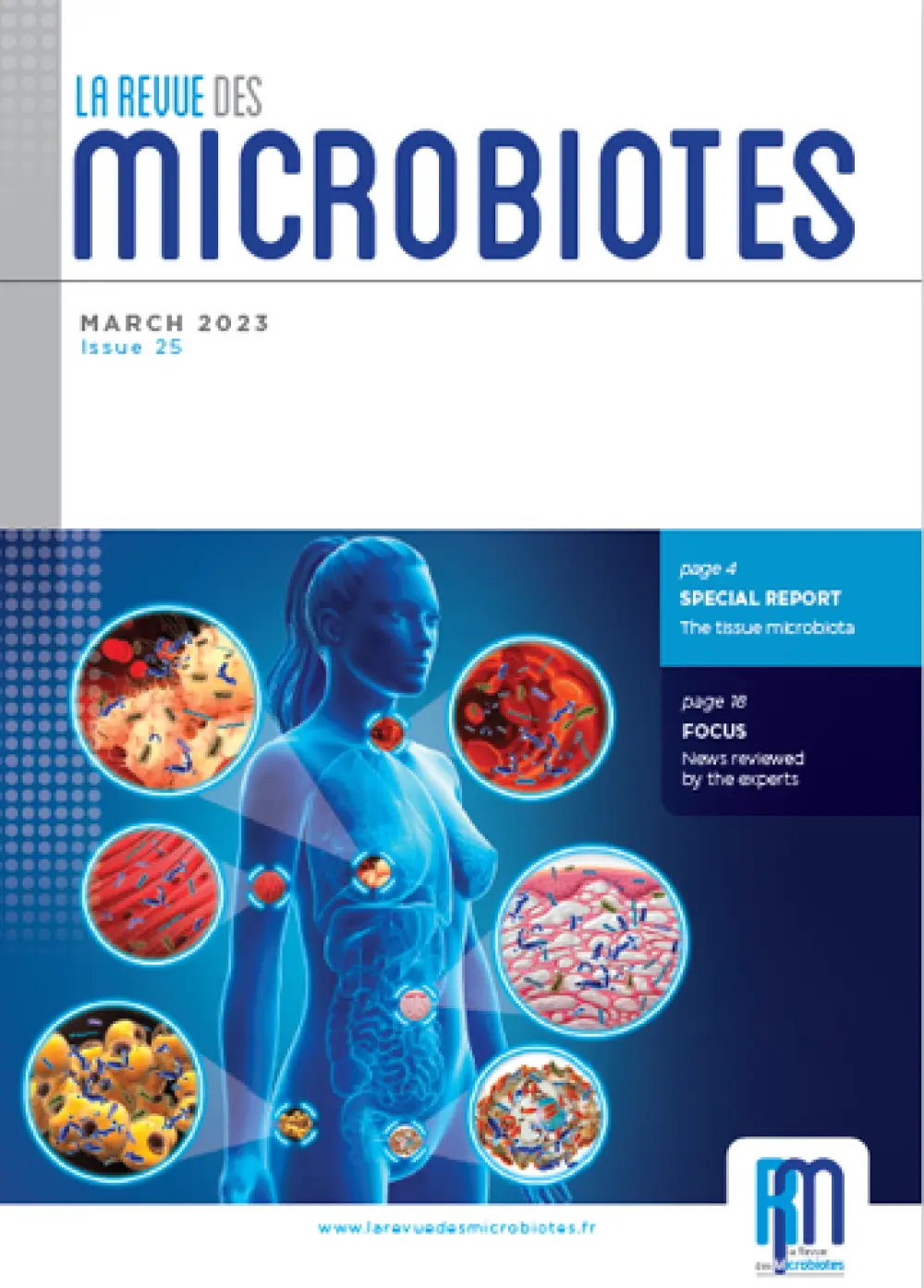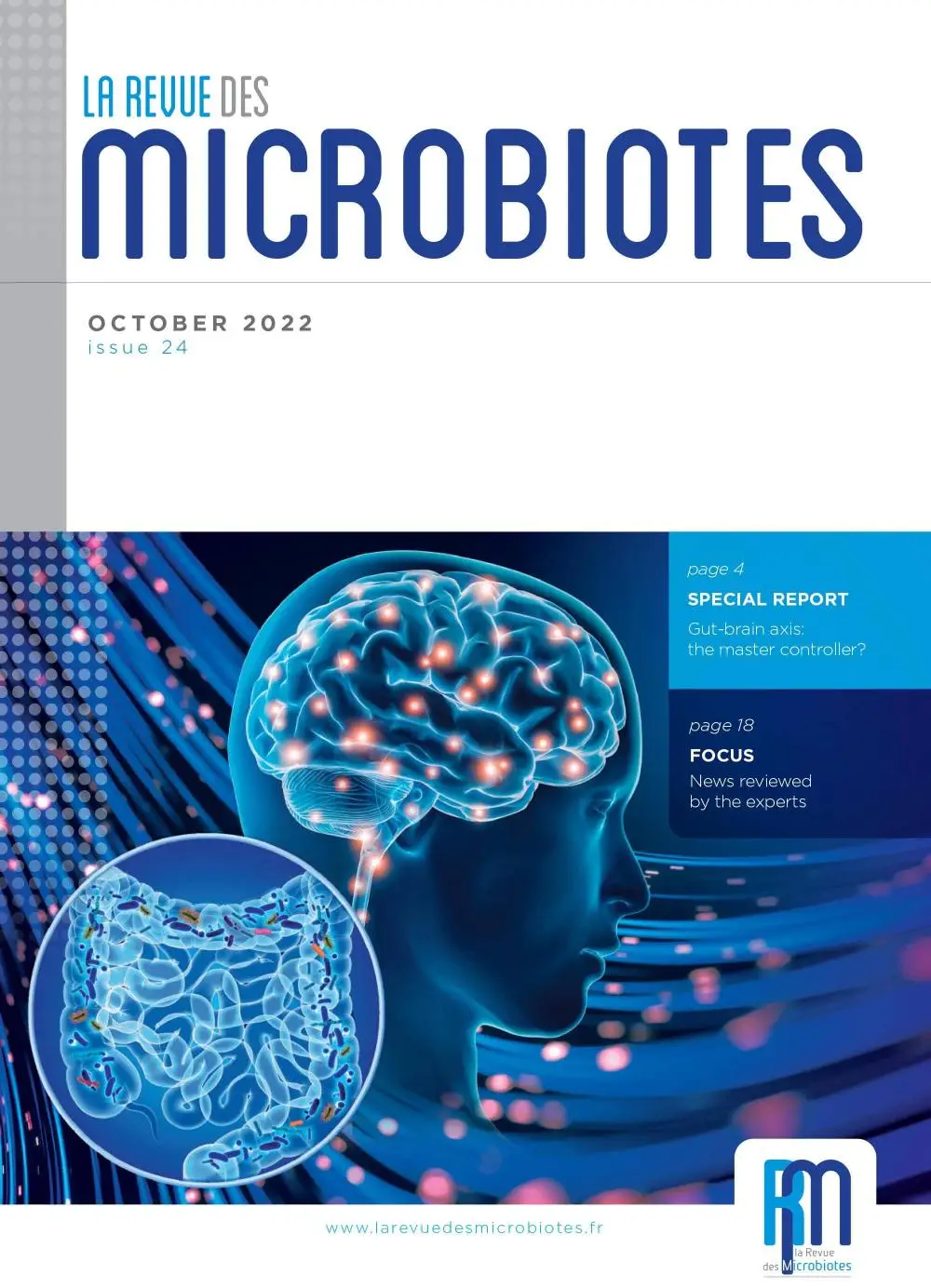The many studies conducted on microbiota in recent years have shown how important they are for our physiology and how issues with microbiota play a role in many diseases. We owe this plethora of studies to the work of Jeffrey Gordon and his team who showed a decade ago that mice without gut microbiota had less adipose tissue and that obese individuals had different microbiota than thin individuals.
Thus, the hypothesis that gut microbiota could be involved in obesity came to be. Numerous studies have since confirmed the contribution of gut microbiota to obesity and its metabolic comorbidities such as type 2 diabetes and fatty liver disease. This issue aims to take stock of this topical subject, given the growing prevalence of these conditions and the hope of developing targeted treatments of the gut microbiota.















